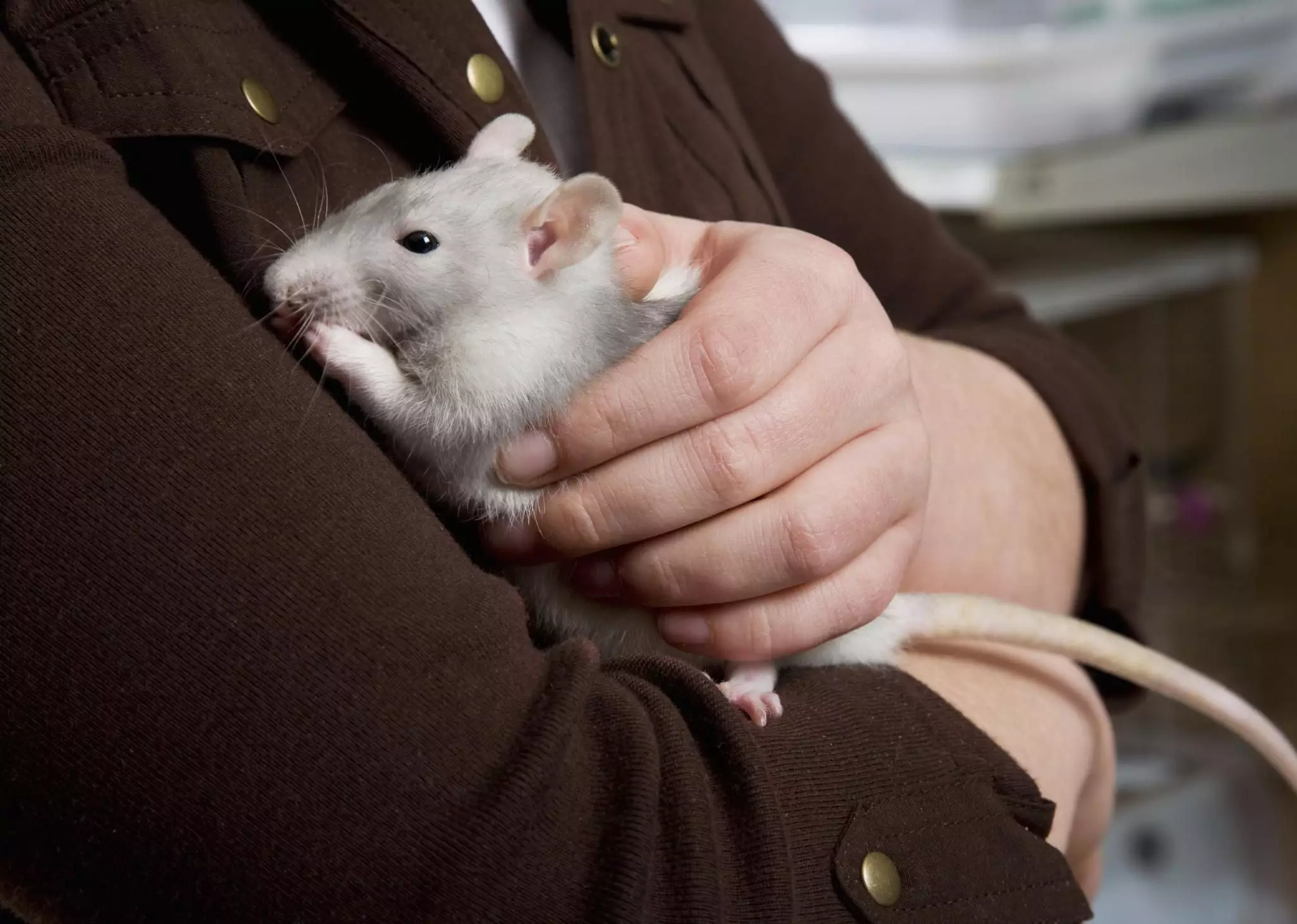Rats often get a bad reputation, largely due to misconceptions about their behavior and hygiene. However, these highly intelligent and affectionate creatures can make wonderful companions. Understanding their needs and characteristics is essential for anyone considering bringing a rat into their home. This comprehensive guide will delve into the nuances of rat ownership, from their social nature to their care requirements.
Contrary to folk wisdom, rats are not solitary animals; instead, they thrive on social interaction. These creatures form strong bonds with their caregivers and other rats. Their social structures are complex, and they enjoy engaging with those around them, whether human or fellow rat. When properly socialized, rats can exhibit playful behaviors, such as chasing each other or exploring new environments with zest. This natural curiosity makes them stimulating pets, as their antics can be quite entertaining to observe.
It’s important to note that rats can recognize their owners and often show excitement when they see them. This recognition leads to affectionate behavior like snuggling or climbing onto their owners’ shoulders. Their gentle disposition means that, with proper handling, they rarely bite, making them suitable pets for responsible children and families.
Creating a proper living environment for your pet rats is crucial to their health and happiness. A safe, spacious cage is a must, ideally designed to facilitate climbing and exploration—something that is integral to a rat’s happiness. Multi-level cages provide the opportunity for physical exercise, which is vital for their well-being.
Temperature regulation is another key consideration. Rats ought to be kept in a stable environment that ranges from 60 to 80 degrees Fahrenheit, away from drafts and direct sunlight. When it comes to bedding, materials like aspen or paper bedding are recommended, while cedar and pine should be avoided due to harmful oils. A comfortable nesting area, equipped with various toys and hiding spots, will help ensure they feel secure in their home.
A balanced diet is equally essential for the health of your pet rats. A pelleted diet formulated specifically for rats is often the best choice; these pellets provide comprehensive nutrition. Supplementing this with fresh fruits, vegetables, and occasional treats can help keep their diet varied and interesting. Always be discerning with treats, ensuring they are low in fat and high in fiber to maintain your rat’s health.
Ensure your rats have access to fresh water at all times, preferably through a water bottle attached to the cage. This design minimizes spillage and helps maintain cleanliness in their living area. Monitoring their diet and maintaining a clean feeding environment can help prevent health issues related to diet and hygiene.
Rats, while generally hardy, are susceptible to various health issues. Common ailments include tumors—both benign and malignant—and respiratory infections. Regular check-ups at a vet familiar with small animals are crucial. Not every veterinarian will treat rats, so it’s wise to seek one who specializes in exotic pets before acquiring them.
Another concern is the overgrowth of their continuously growing teeth. Providing chew toys can help maintain dental health while also offering stimulation and entertainment. Regular monitoring of their behaviors and health will help catch potential issues early, leading to more effective treatment.
To foster a happy and healthy life, rats require daily interaction. They tend to thrive on mental stimulation and physical activity. Short play sessions outside of their habitat—held in a rat-proofed area—allow them to explore safely. Cardboard boxes, tunnels, and climbing structures can add to their enrichment, capturing their interest and encouraging natural behaviors.
Creative pet owners may also enjoy crafting DIY toys from everyday items. For example, crumpled paper, paper bags, or cardboard tubes can serve as fun playthings that encourage exploration. Regularly rotating these toys will help keep your rats engaged and prevent boredom.
The process of acquiring a rat can vary from local shelters to reputable breeders. Pet stores may have rats, but many animal shelters and rescue organizations also have them available. Adopting a rat can offer a loving home to an animal in need. Additionally, ensure that any rat you consider is healthy and well-cared for, with a clean living environment prior to its arrival in your home.
Rats can make excellent and affectionate pets for the right families. Their sociable nature, playful behaviors, and relatively manageable care requirements make them a great choice for small animal enthusiasts. With proper understanding of their needs—including socialization, housing, nutrition, and health care—these intelligent creatures can bring joy and companionship to any household.

